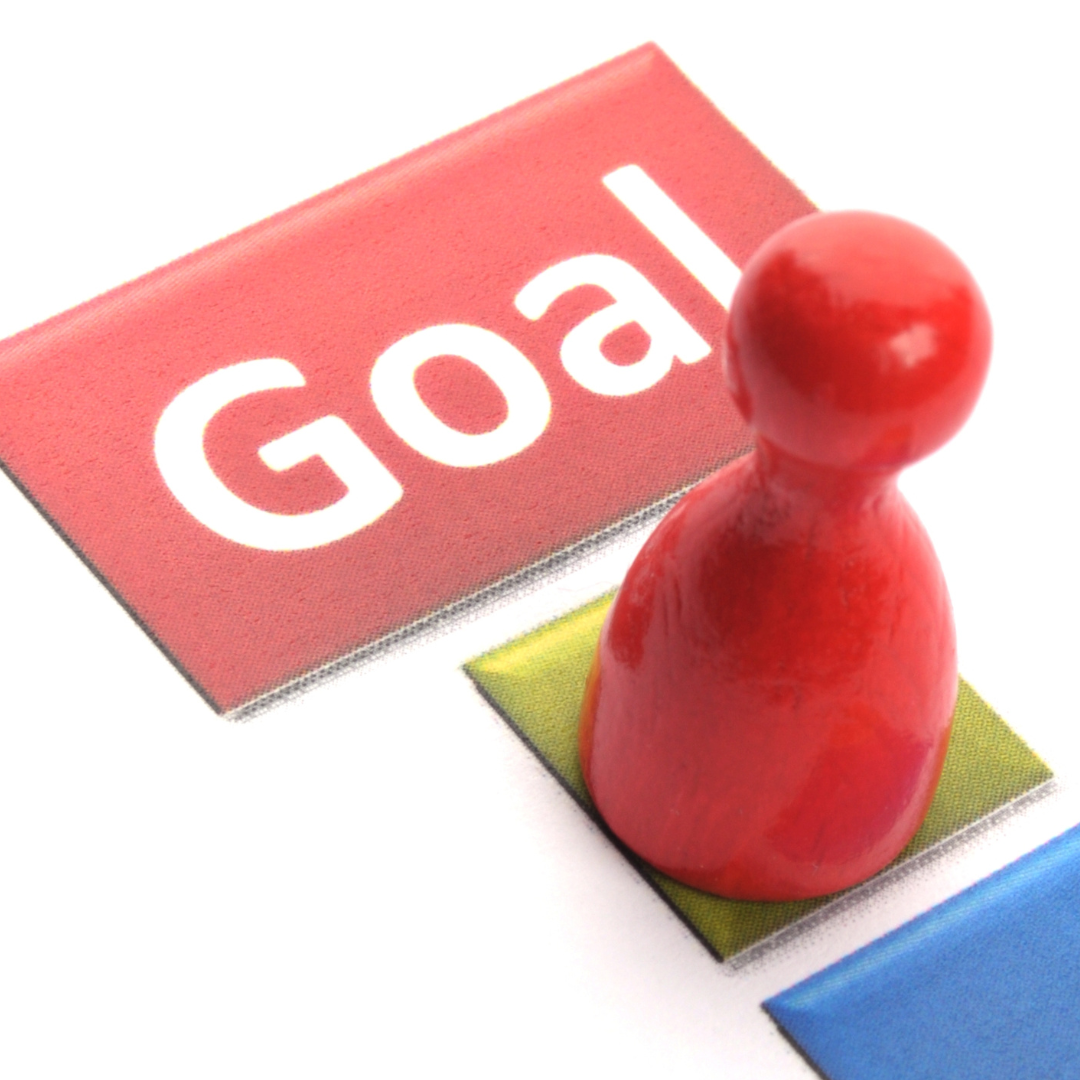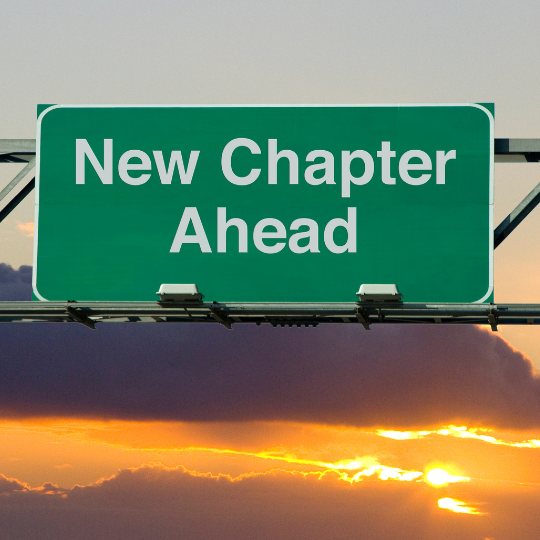Fixing Intimate Relationships
 How’s your relationship with your Significant Other doing these days? If you’re like many others out there, things might not be the way you want them to be. The obvious first step is recognizing that there is a problem, which is probably why you’re reading this article. If so, good. From here, the real journey begins.
How’s your relationship with your Significant Other doing these days? If you’re like many others out there, things might not be the way you want them to be. The obvious first step is recognizing that there is a problem, which is probably why you’re reading this article. If so, good. From here, the real journey begins.
As the site’s tagline suggests, for you to really empower yourself to be able to fix things, you need to take responsibility for your role in them. It’s vitally important to not confuse responsibility with blame. While dictionary definitions tend to toss both terms into the same pot, there are differences in nuance that are key in my view of the world.
Taking responsibility means to understand that every decision you make is of your own personal accord and authority. Nobody forced you to yell at your spouse or kids. Nobody made you act like a total jerk and embarrass your boyfriend/girlfriend in front of all their friends. Nobody ignited that fire of self-righteous indignation from which you lash out at those you love. Those are all your choices. Hence, if you want to fix this, you need to own up to the role you play in, and the dynamics you bring to, the relationship.
That step can be one of self-study or it may require coaching/counselling. However you arrive at being able to objectively see how you interact with your partner is all good. The important thing is that you accept that role for what it is. Once you’ve accepted your role, you can now put your partner’s dynamics into more of a proper understanding.
The reason why understanding your role first is so vitally important is that it removes a big portion of the victim role. When we understand our own part in the development of events, we cannot just dump all the responsibility on our partner, effectively holding them hostage for our happiness or lack thereof. When we accept our part in the proceedings, we recognize that any dysfunction in the relationship is partly of our own making. Again, that’s not blame, that’s merely recognition. There’s no need to be guilty about it. Focus on learning.
Clearly understanding the mutual roles helps us to recognize the true worth of the relationship. It enables us to understand the fundamental construction of interplay — literally, the foundation upon which the entire relationship was built. This, too, is a sincerely important step. The reason? Frankly speaking, some relationships are simply not a good match and should not be fixed.
In my case, I was in a relationship for a while where I used to joke with my partner that I wouldn’t mind at all being a kept man. It wasn’t until we lived together that I realized the truth of the dynamic: I really was kept. The entire dynamic of the relationship was based on a control/mistrust scenario in which the kept part of the equation was intended to ensure that I didn’t behave in a hurtful fashion. I worked to change that dynamic for close to a year before I realized that it just wasn’t fixable in our mutual mindsets. I was emotionally ready (and needed) to progress from that point. She wasn’t. There wasn’t any healthful basis from which to continue putting effort into the relationship. It was important to my well-being that I leave, so I did.
Okay, so that’s one story that sounds bad and, yeah, there was a lot of hurt involved. That said, it was an incredible learning experience and I wouldn’t trade it for another. Without having had that experience, I wouldn’t have ended up being who I am today. For that, I am grateful.
Now, suppose you’ve looked at your relationship dynamic and you’ve decided that while it may not be ideal, it is ultimately worth fixing. Fantastic! Even if you don’t succeed, you’ll be the better for it. And if you do succeed, man, you’ll enjoy a relationship with your partner that you never thought was possible. Go for it!
Framing Our Statements:
How we frame our statements and observations — even questions — is a major part of how we end up perceiving our situation. In a typical victim role framing of an event, we tend to put the onus on external sources for our experience. In such a perspective, we might say something like, “You make me so angry! You never listen to what I say. You don’t care about me at all!”
First of all, nobody can make you do anything outside of exceptional circumstances (e.g., blackmail / extortion). So, you make me so angry is giving away your personal power to your partner. To frame the thought in a way that doesn’t give away your power, you might say it as, “When you talk to me like that, I feel hurt and angry.” That latter framing is factually correct. The original, you make me, is factually incorrect.
The point of this framing is important. The latter when you talk to me like that defines the situation or trigger. I feel hurt and angry defines the emotional outcome of how you mentally process, literally think about, the event. Your reaction might be conscious or it might be subconscious, but it is still your responsibility and your choice.
The basis of effective communication always involves effective framing of our statements and intention. I’ve learned that it’s much better to say Obviously, I haven’t managed to find a way to help you understand my point rather than to say Damn it, you’re not listening to me! My partner or friend may, in fact, be listening to me and yet dealing with his/her own triggers, issues, etc. that are getting in the way of mutual understanding. At the end of the day, we all own our own responses in every situation. Taking ownership and expressing that ownership in how we frame our statements can help avoid triggering defensive responses in our partner.
Understanding the Social Contract:
An important element of being able to make progress in fixing a damaged relationship is having a common understanding of each other’s expectations. A classic issue in relationships is cheating. Now, stepping outside of the boundaries of the relationship isn’t intrinsically good or bad. (We’ll ignore religious or cultural conventions, thanks, as they fall outside of a global domain.) Stepping outside the boundaries of the relationship is good if both parties are in full agreement on the topic and there are no misunderstandings. Stepping outside the boundaries of the relationship is bad if one partner has expectations of monogamy that are not held by the other partner. In effect, this creates a breach of the social contract upon which the relationship is based.
The importance of agreeing on the social contract is vital to the health of the relationship itself. From an ethical standpoint, it should be obvious that adherence to the terms of the contract, implicit or otherwise, is essential. If we think of a business contract and one company decides to ignore the terms, it’s a foregone conclusion that there’ll be a law suit or some other action that brings about either a settlement of terms or a discontinuation of the relationship. The same should be true for personal relationships.
The bottom line here is that a successful relationship is always based on mutually agreeable terms and conditions of behaviour. That means that if you’re expecting your partner to be monogamous, your partner needs to be in complete agreement with that idea. If you or your partner wishes to explore polyamorous relationships, again, it is vitally important that there be mutual agreement. Anything other than mutual agreement is a recipe for hurt feelings, broken promises and a relationship on the rocks!
Just as companies shift their expectations and renegotiate their contracts, the same should be true of a healthful relationship. As we grow, we change. As we change, our expectations of the relationship may change, too. Whenever you’re feeling those twinges of unhappiness or dissatisfaction in your relationships, it’s a signal to sit with your partner and openly discuss how your expectations and/or needs have changed. Failure to do so is a disservice to the both of you.
But what if my partner gets angry or hurt and that ends the relationship?
Well, think about that for a moment. If you have to be dishonest with yourself or your partner in order to make the relationship “work”, I think you’re not really enjoying a successful relationship. The idea that relationships are hard and full of compromise is less than ideal, I think. Relationships aren’t difficult, they simply require tending, much like a garden needs to be watered, loved and nurtured. Anybody can learn to have a relationship green thumb; it just takes time and practice.
The metaphor of a relationship as a garden is a pretty good one. We might want to plant certain crops in our garden, but if the soil is bad or the environment not conducive for that crop to thrive, the garden will struggle to succeed. The thriving garden is a collection of complementary environment, rainfall, temperature, soil flora, insects, etc. In other words, a thriving garden is enjoying harmony in its environmental contract.
Understand and agree upon your social contract with your partner. While a certain amount of compromise is normal and expected, be careful not to compromise your way into a hopeless and helpless situation. If your level of compromise is to the point that you’ll never be truly satisfied, you sincerely owe it to both yourself and your partner to amicably divest and find a new relationship based on an agreeable social contract.
Tricks to Fix:
Okay, so this far along and now you’re taking ownership of your role in your relationship. You and your partner are in agreement with your expectations and so you both decide that this thing is worth fixing. Hell, yeah. That makes me smile. Once the two of you make all of these mutual decisions, there’s a lot less work ahead of you than you may think. Perspective is everything. There are a few basic things that we can do to really accelerate our success, though.
The most important thing that I can suggest here is to spend a lot of time and energy exploring physical intimacy. The Golden Triangle of intimacy involves: Hugging, Kissing and Lovemaking. Without these, relationships between lovers/spouses are going to have a really tough time. When you fill even a struggling relationship with loads of hugs, kisses and tender lovemaking, it lays some really powerful groundwork from which to repair things.
Hugging:
Hugging is profound. Human skin has touch sensors (Pacinian corpuscles) that are connected to the vagus nerve. The vagus nerve, in turn, is connected to a number of organs in our body as well as oxytocin receptors. Hugs stimulate the vagus nerve and cause an increase in the production of oxytocin.
Oxytocin is a remarkable hormone. I like to call it the bonding hormone, as oxytocin flushes throughout our body after intimate, physical contact that causes us to feel a desire to remain close with that person. The more you hug your partner and stimulate your skin, the more oxytocin you’ll produce. That creates a biological bonding response that is separate from any emotional baggage you may be carrying as a couple.
Not only does oxytocin nurture bonding, it reduces cortisol production (responsible for inflammation) and improves immune response. Hugging is wonderful in pretty much every way you can imagine. The longer and more frequent the hugs, the better. Cuddling, what one might consider to be extended hugging, takes these benefits to extremes. Touch is important.
Kissing:
Kisses bring their own benefits. Kissing causes the release of epinephrine into the blood and has been implicated in the exchange of sex hormones, e.g., testosterone, during open-mouthed kissing. Introduction of testosterone in a woman’s mouth can lead to enhanced arousal. Kissing also causes the release of dopamine and serotonin (the feel-good hormones), along with the aforementioned bonding hormone, oxytocin.
Kissing makes you feel better. Kissing also makes you bond more with your partner. So, if you’re at a stage of your relationship where your trust is solid but the flame is kind of sputtering, kissing can help ignite that fire and fuel your passion to impressive levels.
Think back to how you may have gotten incredibly aroused by kissing your boyfriend or girlfriend in the beginning stages of your relationship. That arousal was as much a product of biology as it was novelty. Even a decades-old relationship will benefit from extended kissing. Try it! I think you’ll be pleasantly surprised.
Lovemaking:
This is the biggie. It’s the one activity that we can use to greatest effect when rebuilding our bonds, but it’s also the one that has the greatest implications with regard to potential trust issues. If you’re in a relationship that intrinsically feels unsafe, then you’ll struggle to rekindle your physical intimacy. If your relationship feels unsafe, it may be a strong sign that you really shouldn’t be in it at all.
If your relationship feels perfectly safe, however, lovemaking is that final key to unlocking incredibly powerful bonding in your interaction with your partner. Notice, however, that I’m using the term lovemaking instead of sex. For me, there is a significant and important difference between the two.
Sex can, for lack of a better way of putting it, be rushed and not even interactive. I think it’s fair to say that a large number of people have experienced a disengaged partner who during the act is checking out Facebook on his/her cell phone or who considers getting undressed for the occasion to be unnecessary or even unwanted. That level of disconnection can be extremely harmful to the relationship as a whole and, as such, should be strongly discouraged.
Lovemaking, on the other hand, is completely immersive for both partners. It is a commitment and celebration of intimate touch. It is a conscious opening of Self to being vulnerable and sharing on a deep level. Lovemaking should be done completely unclothed so as to encourage as much skin-on-skin contact as possible. Doing so causes substantial amounts of oxytocin to be released. While clothed contact triggers the release of oxytocin, skin-on-skin stimulation of the touch sensors takes that release to a whole new level.
Orgasm releases substantial amounts of serotonin and dopamine. These not only make you feel good in the moment, but serotonin increases during/after lovemaking will prompt increased melatonin output at night, which will improve your sleep and increase your body’s deep healing.
Oxytocin’s bonding capacity should not be underestimated. It is a chemical process, sure, but the fact is that it helps us to build on and improve our empathic connections. A healthful relationship is all about the bond and our ability to communicate and empathize with our partner. It’s important that we consciously work towards building that foundation.
Sleeping:
If you’re in a relationship in which you’re living with your partner or sleeping through the night on a regular basis, it’s important to hold one another during sleep. I don’t mean all night long, but if you wake up and roll over to get comfortable, it’s a great opportunity to put your arm around your partner, snuggle in (spoons is great!) and bond. Again, the more skin-on-skin contact you can muster, the better the physical effects. Full-body hugging while lying down together is a powerful producer of oxytocin and, you got it, bonding.
We’ve been focusing on the social and biological aspects up till now, so let’s shift our focus to the final pieces of our puzzle. We’re going to use the power of the Law of Attraction to help put into place the missing ingredients. When you get this one consistently right, you’ll have a full-spectrum approach to improving the health of your relationship.
An Attitude of Gratitude:
The first thing to address is to think about all those things about your partner and your relationship for which you’re grateful. Gratitude is a powerfully creative emotion. When you think about those things for which you’re grateful, you’re telling the story of what you love and, through the Law of Attraction (LoA), you’ll set things up to create more of the same. The more you tell the story of what you like, the more of what you like you’ll get.
From a purely LoA perspective, gratitude is possibly the most important element here. You cannot have a happy ending to a miserable journey. Because LoA is constantly creating that upon which you focus your attention, it’s important to focus your attention on what you like rather than that which you don’t. By consciously choosing to be grateful, you’ll create more reasons to be grateful. It’s a wonderful, self-affirming circle.
Conscious Creation:
In addition to telling the story of what we have that we love, we want to tell the story of what we want as though we already have it. In our self-affirming universe, we tell stories and those stories have an attractive energy that aligns events to bring those stories to reality. The more often we tell these stories, however, the more they become beliefs and less to be merely stories.
Beliefs are thoughts we’ve repeated over and over. Basically, a belief is a thought that has been repeated so many times that the subconscious mind accepts it to be completely true. This is the basis behind Affirmations, wherein we state a goal we want to create as being true. A lot of people give up on Affirmations before the statements have been accepted as fact. It’s important to keep working with Affirmations, as they have to be ingrained before they’re accepted as truth. Once the subconscious locks onto a statement as truth, its creative force becomes impressive!
Afformations — the turning of an Affirmation statement into a question — is an important and powerful adjunct to Affirmations. When you take a statement of creative intent and frame it as a successful question, e.g., Why is my relationship with money so good? Why does money always flow to me freely and easily?, the brain tries to build a matrix that proves the question to be true. In that light, Afformations are themselves a marvellously creative power.
When you combine all these pieces of the puzzle into the heartfelt goal of improving and empowering your relationships, you’re working with an incredibly diverse and complementary matrix of synergistic creative forces. All tie in together with the mind/body/spirit connection, biology and LoA to fundamentally change the course of your reality.
It may not be easy. It may not even succeed. The lessons you learn on this journey, however, will benefit you and your relationships for the rest of your life. You’ll be empowered to improve your own happiness and be more balanced in your recognition of the issues your relationship may be having.
Love yourself first. Love your partner. Tell the story that you wish to create.
If you’d like to discuss your issues with me to get a deeper understanding of things, I can be reached at trane@living-intentionally.com or by phone at +81-90-6467-0022.
Be Love.









Leave a Reply